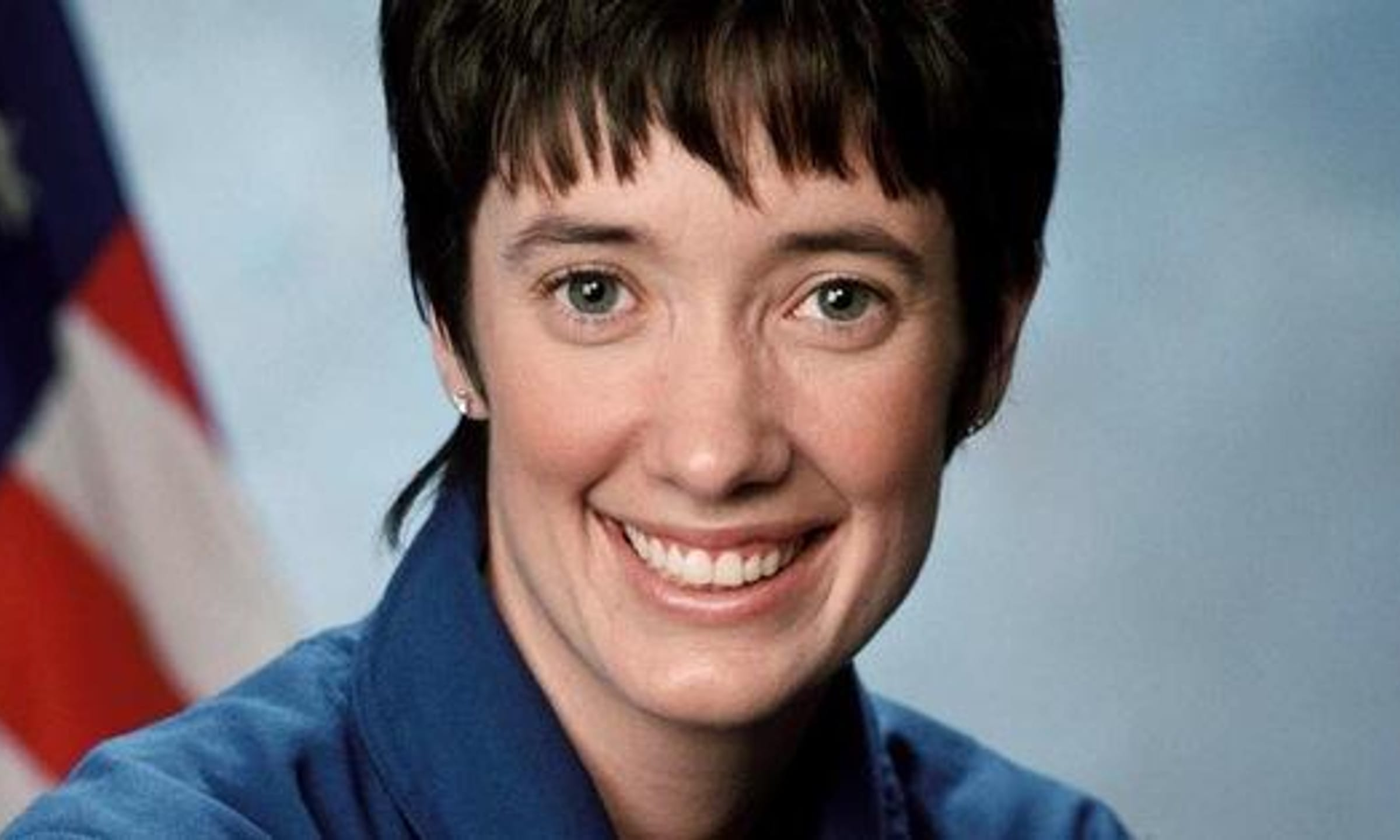Oceanography, the study of the Earth’s oceans and seas, has been a fascinating field of science for centuries. Throughout history, numerous individuals have made significant contributions to our understanding of the vast expanses of water that cover our planet.
These oceanographers have dedicated their lives to exploring the depths, unraveling the mysteries of marine life, and shedding light on the complex interactions between the oceans and the Earth’s climate. In this article, we will delve into the lives and achievements of the top 12 most influential oceanographers in history, whose groundbreaking work has shaped our knowledge of the oceans and their vital role in sustaining life on Earth.
Matthew Fontaine Maury (1806-1873)
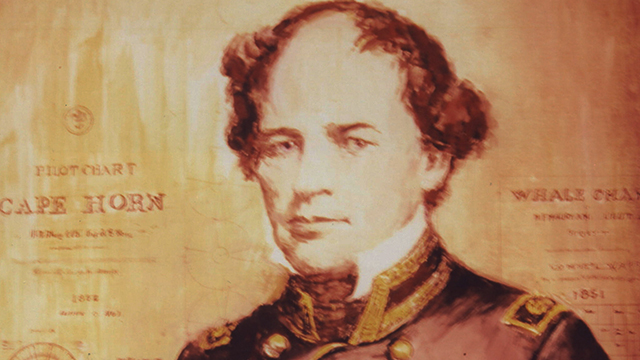
Matthew Fontaine Maury, often referred to as the “Pathfinder of the Seas,” was an American oceanographer, astronomer, and naval officer. He is best known for his extensive work in charting ocean currents and winds, which revolutionized maritime navigation in the 19th century. Maury’s book, “The Physical Geography of the Sea,” published in 1855, was the first comprehensive study of oceanography and meteorology, laying the foundation for modern oceanographic research.
Maury’s meticulous data collection and analysis of ships’ logs allowed him to create detailed charts of ocean currents, wind patterns, and whale migration routes. His work not only improved the safety and efficiency of maritime trade but also provided valuable insights into the global circulation patterns of the oceans. Maury’s contributions to oceanography earned him international recognition and paved the way for future generations of oceanographers.
Charles Darwin (1809-1882)
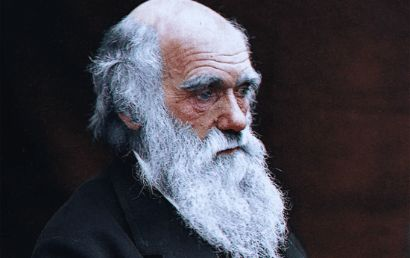
Although primarily known for his groundbreaking work on the theory of evolution, Charles Darwin also made significant contributions to the field of oceanography. During his famous voyage on the HMS Beagle, Darwin collected and studied a vast array of marine specimens, including plankton, corals, and various invertebrates.
Darwin’s observations of the distribution and adaptations of marine life across different regions of the oceans provided valuable insights into the interconnectedness of species and their environments. His work laid the foundation for the study of marine biogeography and ecology, which continue to be essential areas of oceanographic research today.
John Murray (1841-1914)
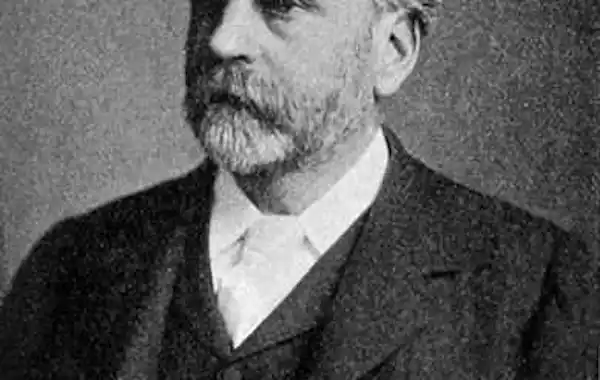
Sir John Murray, a Scottish-Canadian oceanographer, is best known for his leadership of the Challenger expedition, the first global oceanographic survey. From 1872 to 1876, Murray and his team aboard the HMS Challenger collected an unprecedented amount of data on ocean depths, temperatures, currents, and marine life.
Murray’s meticulous analysis of the Challenger data led to numerous groundbreaking discoveries, including the existence of the Mid-Atlantic Ridge and the Mariana Trench, the deepest known part of the Earth’s oceans. His work also provided the first comprehensive understanding of the distribution of marine sediments and the role of ocean circulation in shaping global climate patterns.
Harald Sverdrup (1888-1957)

Harald Sverdrup, a Norwegian oceanographer and meteorologist, is renowned for his contributions to the understanding of ocean circulation and its impact on global climate. Sverdrup’s most notable work includes the development of the Sverdrup balance, a fundamental equation that describes the relationship between wind stress and ocean currents.
Sverdrup’s research on the dynamics of ocean circulation provided a framework for understanding the role of the oceans in heat transport and climate regulation. His work laid the foundation for modern physical oceanography and continues to be a cornerstone of oceanographic research today.
Jacques-Yves Cousteau (1910-1997)
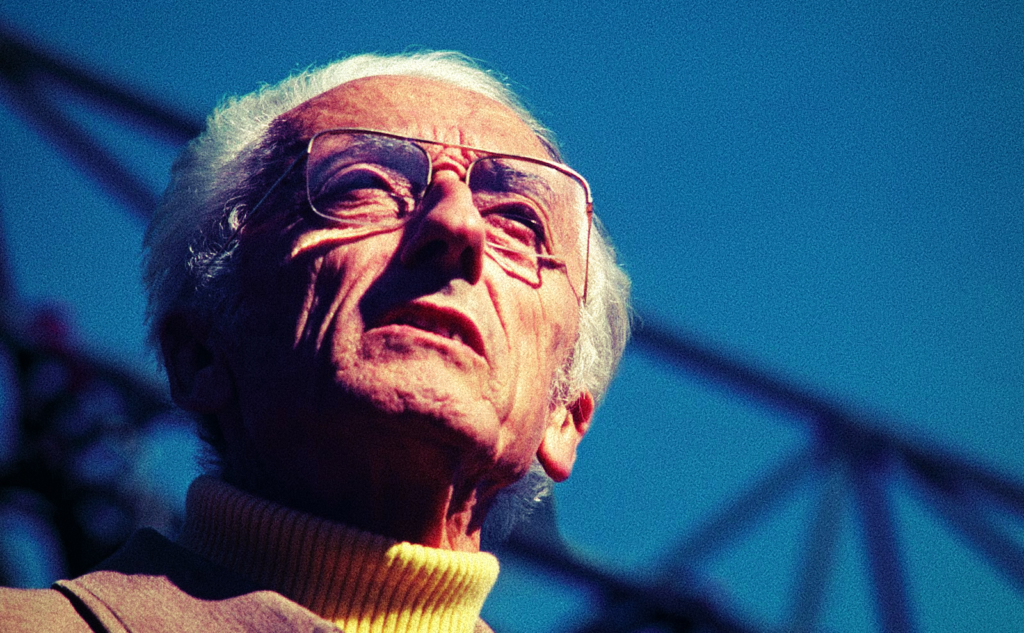
Jacques-Yves Cousteau, a French oceanographer, explorer, and filmmaker, is perhaps the most well-known figure in the history of oceanography. Cousteau’s pioneering work in underwater exploration and documentary filmmaking brought the wonders of the oceans into the homes of millions of people around the world.
Cousteau’s invention of the Aqua-Lung, the first self-contained underwater breathing apparatus (SCUBA), revolutionized underwater exploration and paved the way for the development of modern diving equipment. His films, such as “The Silent World” and “The Undersea World of Jacques Cousteau,” showcased the beauty and fragility of marine ecosystems and raised public awareness of the need for ocean conservation.
Sylvia Earle (1935-present)

Sylvia Earle, an American marine biologist, oceanographer, and explorer, has been a leading voice in ocean conservation for over five decades. Earle’s research has focused on the ecology and conservation of marine ecosystems, particularly deep-sea and coral reef habitats.
Earle’s numerous underwater expeditions have yielded valuable insights into the diversity and vulnerability of marine life. Her advocacy work has been instrumental in raising public awareness of the threats facing the world’s oceans, such as overfishing, pollution, and climate change. In 1998, Time magazine named Earle the first “Hero for the Planet,” recognizing her tireless efforts to protect and restore the health of the oceans.
Walter Munk (1917-2019)

Walter Munk, an Austrian-born American oceanographer, was a pioneering figure in the study of ocean waves, tides, and acoustic oceanography. Munk’s work on wave prediction during World War II was instrumental in the success of Allied amphibious landings, including the D-Day invasion of Normandy.
Munk’s research on ocean acoustics led to the development of the Ocean Acoustic Tomography (OAT) technique, which uses sound waves to map the temperature and current structure of the oceans. His work on tides and sea-level change provided valuable insights into the effects of climate change on the world’s oceans.
Roger Revelle (1909-1991)
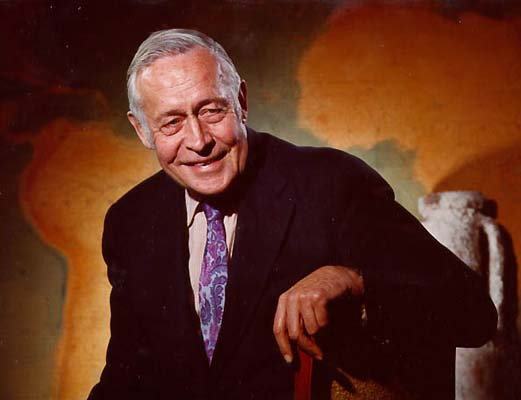
Roger Revelle, an American oceanographer and geophysicist, is best known for his pioneering work on the greenhouse effect and his role in launching the modern era of climate change research. In the 1950s, Revelle and his colleague, Hans Suess, were the first to recognize that human activities, particularly the burning of fossil fuels, were contributing to the rise of atmospheric carbon dioxide levels.
Revelle’s research on the carbon cycle and the role of the oceans in absorbing excess atmospheric carbon dioxide laid the foundation for our current understanding of anthropogenic climate change. His work also helped to establish the Scripps Institution of Oceanography as a leading center for oceanographic research.
Robert Ballard (1942-present)

Robert Ballard, an American oceanographer and marine geologist, is best known for his discovery of the wreck of the RMS Titanic in 1985. Ballard’s pioneering work in deep-sea exploration and underwater archaeology has led to numerous other significant discoveries, including the wrecks of the German battleship Bismarck and the American aircraft carrier USS Yorktown.
Ballard’s development of advanced underwater exploration technologies, such as remotely operated vehicles (ROVs) and autonomous underwater vehicles (AUVs), has revolutionized the field of deep-sea research. His work has also been instrumental in raising public awareness of the importance of ocean exploration and the need for the preservation of underwater cultural heritage.
Kathryn Sullivan (1951-present)
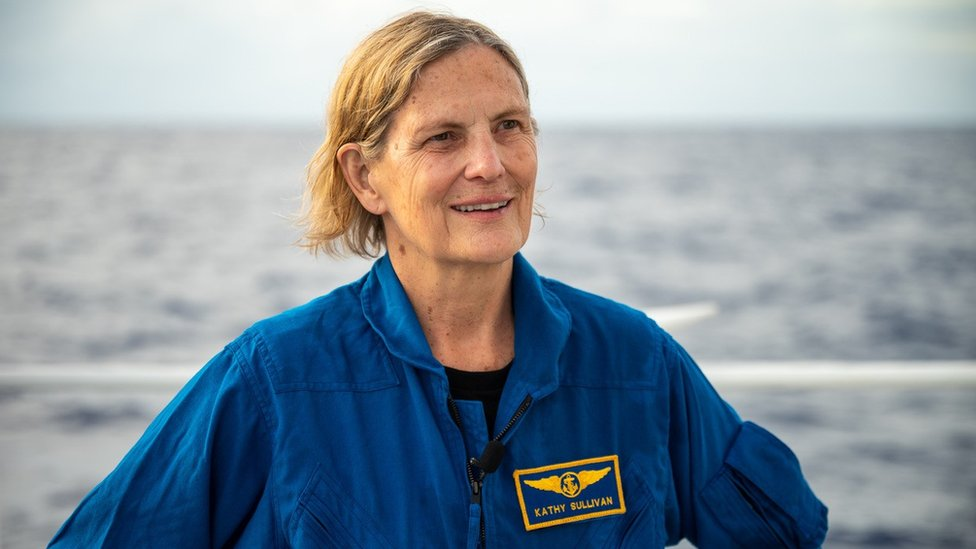
Kathryn Sullivan, an American geologist and oceanographer, is best known for being the first American woman to walk in space and for her leadership roles in NASA and the National Oceanic and Atmospheric Administration (NOAA). Sullivan’s research has focused on the application of satellite remote sensing to the study of the Earth’s oceans and climate.
As the Under Secretary of Commerce for Oceans and Atmosphere and the Administrator of NOAA, Sullivan led efforts to improve the nation’s understanding and stewardship of the oceans, coasts, and Great Lakes. Her work has been instrumental in advancing the use of satellite technology for ocean and climate monitoring, as well as in promoting the importance of ocean exploration and conservation.
Eunice Newton Foote (1819-1888)

Eunice Newton Foote, an American scientist and women’s rights activist, made significant contributions to the early understanding of the greenhouse effect and the role of atmospheric gases in regulating the Earth’s temperature. In 1856, Foote published a paper in the American Journal of Science and Arts, in which she described her experiments on the warming effect of sunlight on different gases, including carbon dioxide.
Although Foote’s work was largely overlooked during her lifetime, her findings laid the groundwork for the later development of the theory of the greenhouse effect and the study of the Earth’s climate. Her contributions to the field of oceanography and climate science have only recently been recognized, highlighting the important role of women in the history of scientific research.
Fridtjof Nansen (1861-1930)
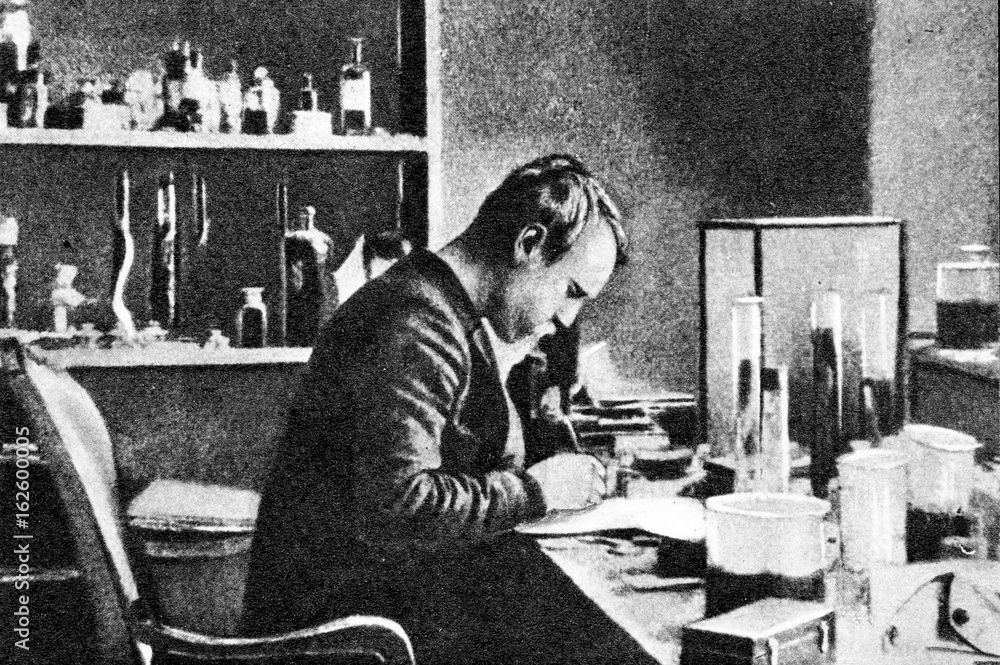
Fridtjof Nansen, a Norwegian oceanographer, polar explorer, and Nobel Peace Prize laureate, made significant contributions to the study of Arctic oceanography and the understanding of ocean currents. Nansen’s most famous expedition, the Fram expedition (1893-1896), involved deliberately freezing his ship, the Fram, into the Arctic ice pack and drifting with the currents to study the oceanography of the Arctic Basin.
Nansen’s observations of the Arctic Ocean’s bathymetry, currents, and sea ice dynamics provided valuable insights into the role of the polar regions in global ocean circulation and climate. His work also paved the way for future Arctic exploration and research, including the famous drift of the Soviet ice station North Pole-1 in 1937-1938.
Conclusion
The top 12 most influential oceanographers in history have made invaluable contributions to our understanding of the Earth’s oceans and their crucial role in shaping the planet’s climate, ecosystems, and human society. From the pioneering work of Matthew Fontaine Maury in the 19th century to the cutting-edge research of modern oceanographers like Sylvia Earle and Robert Ballard, these scientists have dedicated their lives to unraveling the mysteries of the deep.
Their discoveries and innovations have not only advanced the field of oceanography but have also raised public awareness of the importance of ocean conservation and the need for sustainable management of marine resources. As we face the challenges of climate change, pollution, and overfishing, the work of these oceanographers serves as a reminder of the critical role that ocean science plays in ensuring the health and resilience of our planet.
As we look to the future, it is clear that the legacy of these influential oceanographers will continue to inspire and guide new generations of scientists, policymakers, and citizens in their efforts to understand, protect, and sustainably manage the world’s oceans. By building upon the foundation laid by these pioneers, we can work towards a future in which the oceans remain a source of wonder, discovery, and sustenance for all of humanity.

